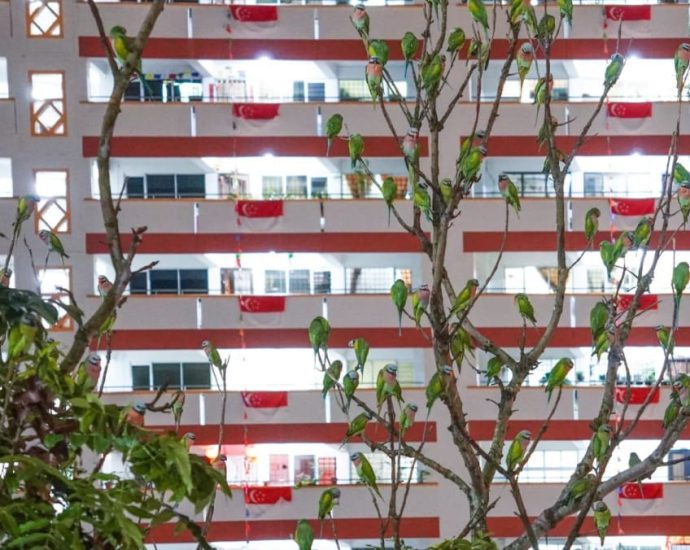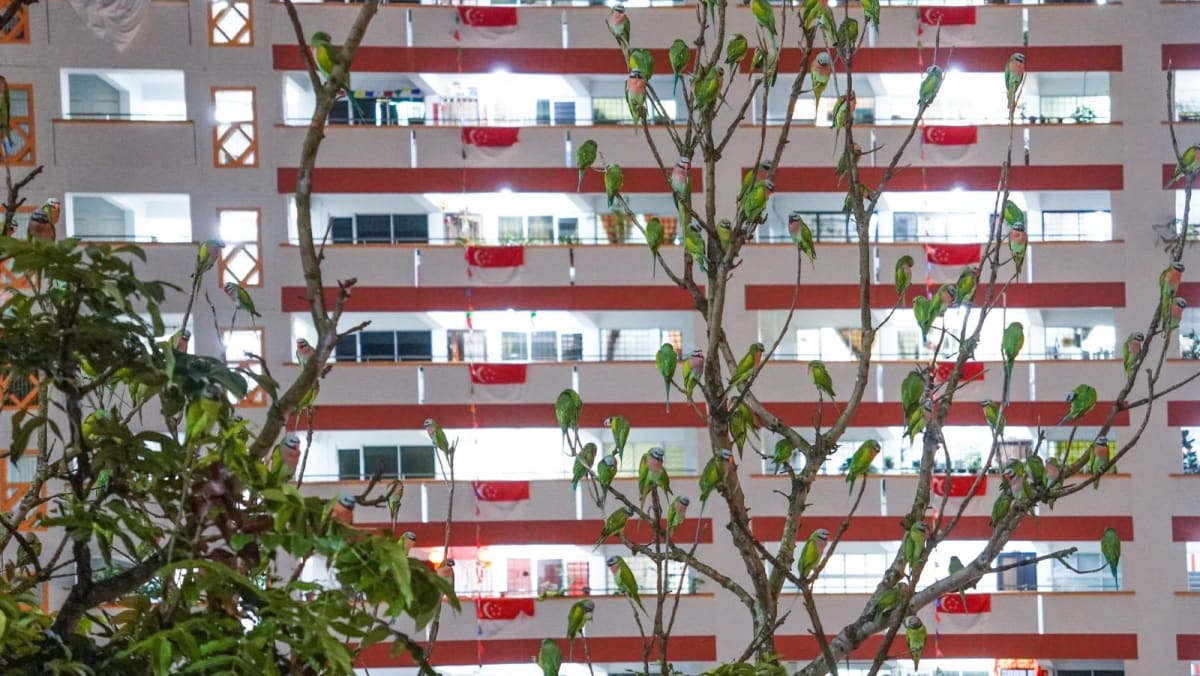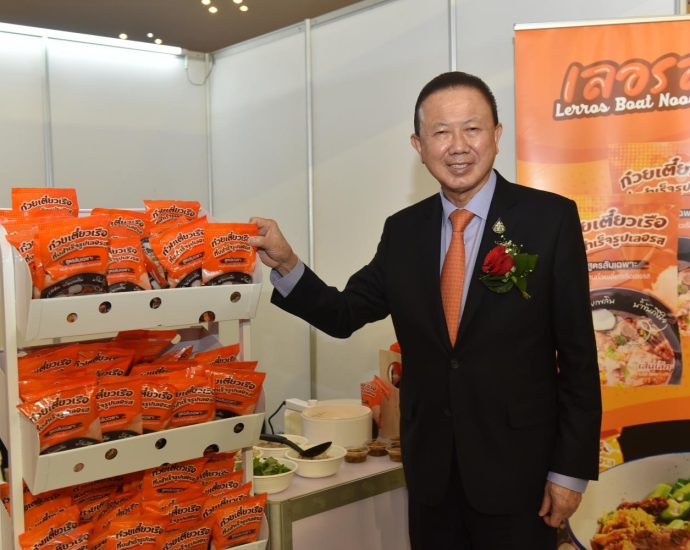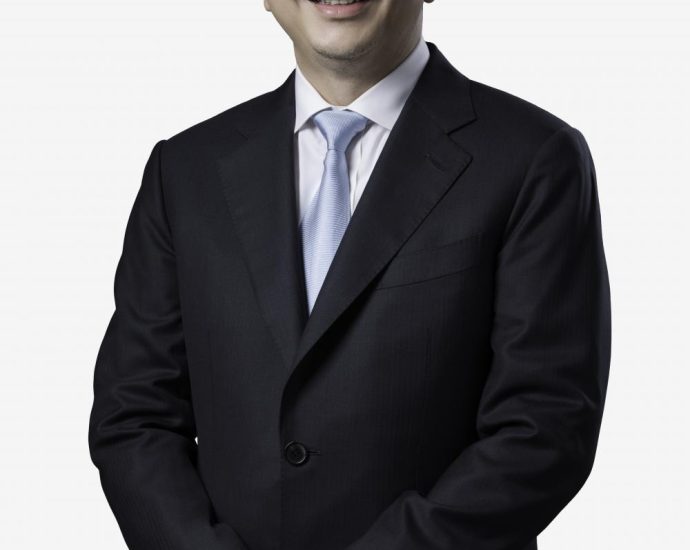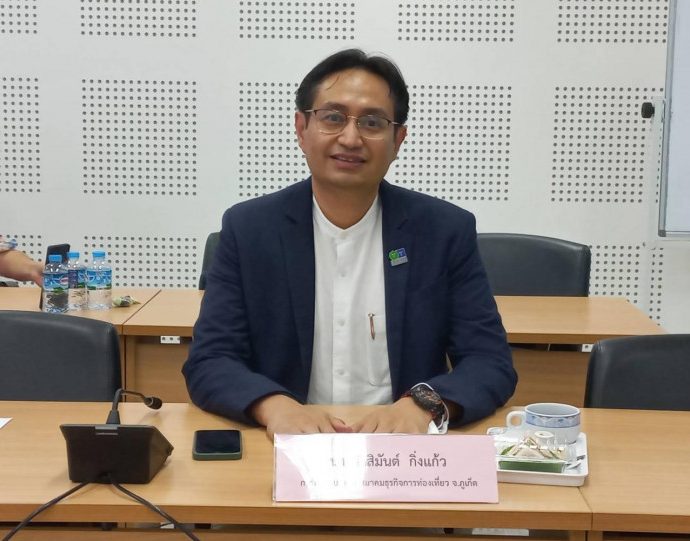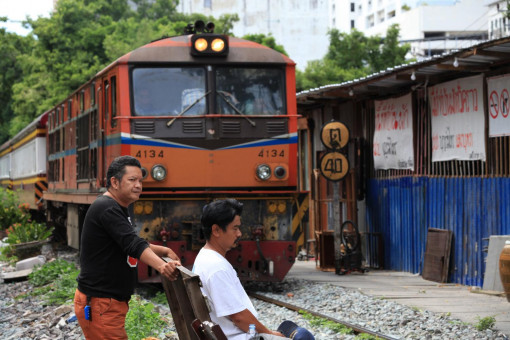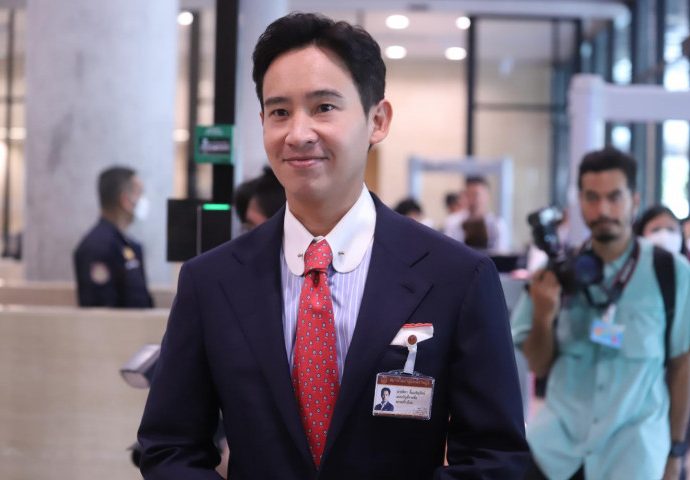The Big Read: Can public rental and BTO flats co-exist harmoniously in the same HDB block?
On one hand, some believe that separating those living in rental flats from other HDB developments would lead to a gentrification of some areas in Singapore. On the other hand, there are also questions whether housing rental residents together with those who are buying prime location homes could inadvertently backfire.Continue Reading


